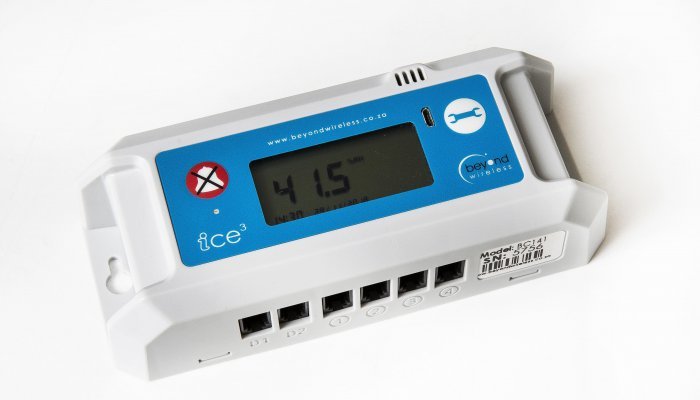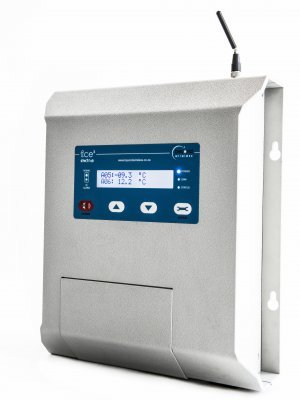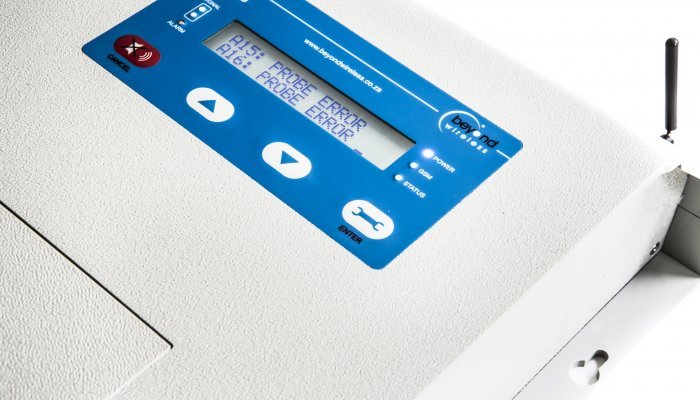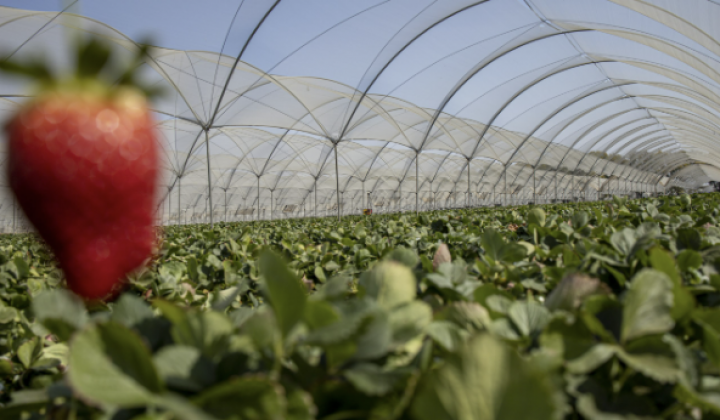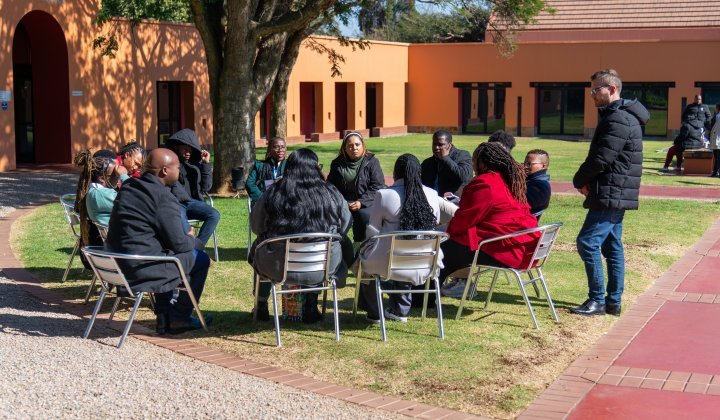Today, the company is the world’s leading vaccine cold chain monitoring service provider, with technology deployed in 112 countries and customers, including UNICEF, the World Health Organization (WHO), the International Committee for the Red Cross, and the Pan American Health Organization.
“We use the internet to remotely monitor and control key and strategic assets,” explains Ian Lester, founder of Beyond. The company aims to improve human health and quality of life and secure humanity’s future by leveraging the power and reach of the Internet of Things (IoT).
Beyond’s first big break came when it got the South African National Blood Service (SANBS) contract to monitor the fridge temperature, power and door status of every emergency blood bank fridge.
The WHO picked up on Beyond’s work for SANBS and contracted the company for a vaccine fridge monitoring project in Senegal as part of Project Optimize – a five-year collaboration between the WHO and PATH (the global non-profit organisation working to improve public health) focused on identifying ways to optimise immunisation supply chains to decrease global vaccination wastage, which the WHO estimates at 50%.
“The Senegal project was a roaring success, and that put us on the WHO Performance, Quality and Safety (PQS) list,” says Lester. “That got us on the UNICEF catalogue. Fast forward to today, and we have deployments in 112 countries, which is still mind-blowing for me. We’re a tiny team of around 20 people. It’s been a whirlwind.”
Positioned for problem-solving
Beyond was perfectly positioned to assist with vaccine cold chain monitoring for COVID-19 as cold chains were exponentially expanded for new vaccine rollouts.
“What the world has realised through pain and suffering (quite literally) is that you can't chase a pandemic,” says Lester. “You have to get ahead of it. In many discussions around vaccine equity, I think some frustration was misplaced. Even if the world wanted to give their vaccines away, you can't give them away to countries that don't have a cold chain to carry them. I think everybody now realises you have to build that capacity out in advance of the next pandemic. Because it's not a case of if another pandemic happens, it's when.”
As Beyond has grown, its technology has changed substantially, becoming faster and more cost-effective. But Lester believes the secret to the company’s success is deeper.
“One of the distinct advantages that we have as an African business is that unlike our European and American competitors, who don't understand the realities of making technology work in the developing world, for us, it's intuitive,” he says. “We assume the problem is the default setting and anything better than that is a bonus, whereas they start with an assumption that the world is perfect, and anything less than that is a problem. Necessity truly is the mother of invention.”
Lester is quick to admit that timing and luck have played a big role in Beyond’s success but believes another key factor is having a powerful vision serviced by technology, rather than the other way round, where technology is the product.
“Innovation is a shovel when you’ve got to dig a hole if you were doing it with your hands before,” he says. “Innovation is less about the technology we use than being tuned into the challenges facing humanity. Innovation is about how we ensure our kids and their children are going to live on a better planet than this one is now. Applying Moore's law, which says processing power doubles every 18 months, we don't have to worry about ‘can technology do it?’ We know it can. The question is how we use it to solve some of these problems.”
An example of Beyond’s innovation in action is its capability of deploying its technology into remote regions. Through partnerships, Beyond has access to 4,400 trained technicians in 190 countries and can have a technician on-site anywhere in the world within 48 hours.
A recent innovation is the company’s deal with UK-based fridge manufacturer, Dulas, to supply fridges with Beyond’s technology pre-installed. These “Beyond Ready” fridges are plug-and-play devices, meaning ministries of health pay a single fee for a vaccine fridge and no longer have to worry about installation separately. This cuts down on lead times and costs. Dulas expects to sell between 3,000 and 5,000 units a year. Beyond hopes to sign more OEM contracts to become the “Intel inside” of cold chain monitoring equipment.
The next challenge
Lester says that while there’s still room to expand on opportunities in Beyond’s vaccine cold chain niche, the vision is broader.
“The reality is that climate change will impact humanity in many ways, not only as far as global temperatures are concerned, but also what that means for human health and food security. As a business, we have this competitive capability to measure things in remote places. And we believe air quality should be one of those things. Roughly six million people died from Covid-19 in the last two years. Poor air quality has, for decades, killed seven million people every year. We’re now building air monitoring into our suite of technology so that we can provide that data using the same technology and platform. We’re essentially democratising data and making it available to communities, governments, and industry so that they can make informed decisions.”
While industry is responsible for most air pollution, Lester says that poor communities tend to suffer disproportionately from air quality-related health challenges because they burn wood, coal and even plastics for heat and cooking.
Beyond is planning a pilot project with a company that supplies solar cooking devices to these communities. The cookers will be supplied free and include a built-in Beyond IoT device to monitor air quality changes. Companies can purchase carbon credits from the cooker supplier based on the change in carbon emissions realised through the adoption of these cooker units.
Beyond is also investigating beehive monitoring projects to assist with managing the populations of these insects, which are vital for pollination and, therefore, agriculture and food security.
“We've got to start thinking differently about the next 30 years because unless we start to make some serious changes as industry and as business leaders, we're going to paint ourselves into a horrible corner that will be difficult to get out of,” says Lester.
“Leadership is one thing, but it must be attached to stewardship. Leadership is finite. Stewardship ensures that when you leave, you pass something better on to the next leader who will continue that vision and drive it in the future.


